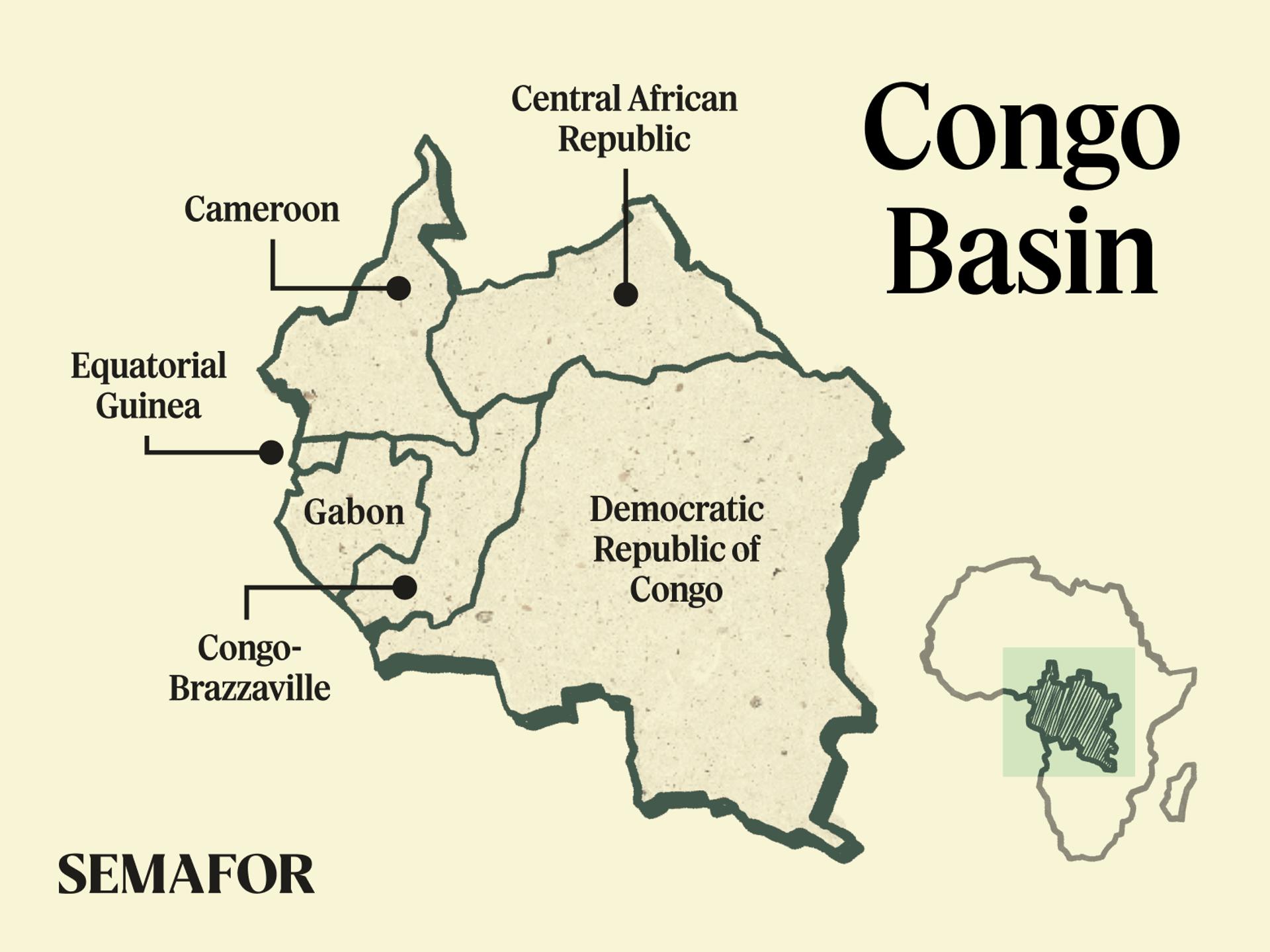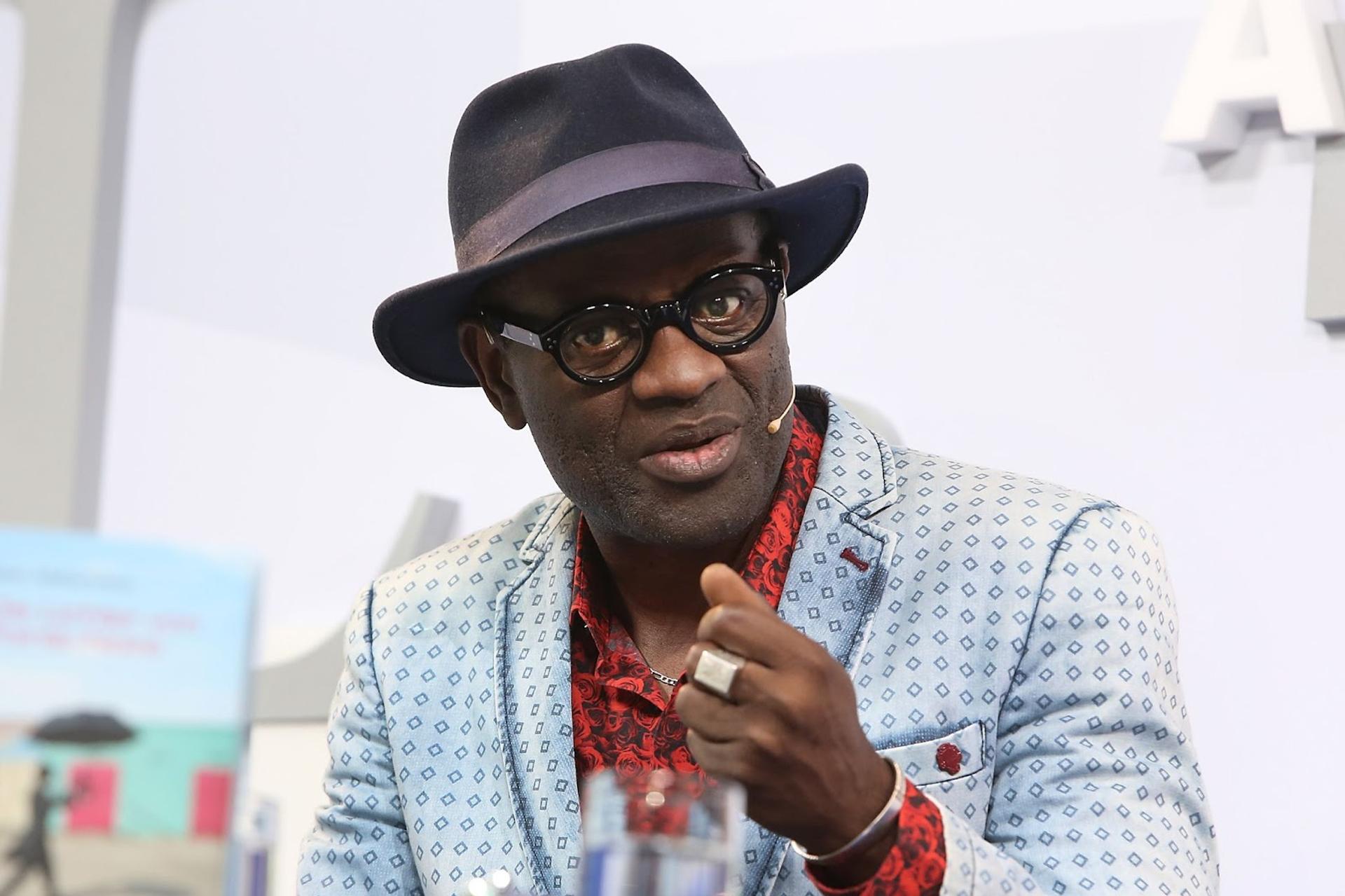The Facts
Alain Mabanckou was born in Pointe-Noire, Republic of Congo, where he spent his childhood. He achieved widespread literary success with two of his early novels: the widely acclaimed Verre Cassé in 2005, and Mémoires de porc-épic in 2006, which won the Renaudot prize. He is a professor of Francophone literature at University of California at Los Angeles (UCLA).
Know More
💡 Can you talk about your creative process with writing? I think that’s there is a moment when I’m about to write a novel. Not only do I not have the topic, I haven’t even thought about it. Then it could be like I’m listening to an old song from Franco or even from Fela Kuti, and it reminds me of my childhood. I need the music to create a moment. Then I try to think about what I’m going to write.
💡 So it sounds like your approach depends on your project? It’s a bit like just roaming about the market for food, buying ingredients and now I have to cook. You can have as many methods as you have writers. Some writers are very methodical. They need a plan. They need to calculate what they’re going to say in chapter ten or they don’t know what’s gonna happen. I don’t use a technique. I use my feelings. I use my reaction. I use, maybe, my mood in order to advance in a project.
💡 How have the prospects for Black and African writers evolved since you’ve been doing this professionally? I’ve been living in both the Anglophone and Francophone world so there are big differences. In France, for instance, in the Francophone world, It was very, very difficult for African literature; it was just considered “exotic.” The promotion was never the same but that started to change when some of the main literature awards were won by non-French writers from around 2006. More recently, we have seen more Francophone writers with higher profiles on TV and elsewhere. But we are still not at the level of the Nigerian writers, for example like Chimamanda Ngozi Adichie or the veterans like Wole Soyinka.
💡 You’ve been very vocal about the state of Francophone Africa’s current politics. Where would you say things are now? We thought that in the 60s we had earned our independence. But we didn’t. In fact, France is still controlling African politicians. France still gets involved in our elections. France is always involved in our economy. So, as a matter of fact, it means that each time we are having an election France knows already who’s going to win. Francafrique is a kind of politics used by France to keep controlling its former territories.
If you are France, you are supposed to be the leading nation in democracy. Why are you dealing with Africa’s dictators in Cameroon and Congo? Why don’t you hear the noise of the African population who are fighting? Because they don’t have jobs, they don’t go to school, and so on. And that’s why in my interview I was saying that maybe the time is now to destroy this kind of behavior. It’s time to expose Francafrique and let people know how Europe is still leading our continent instead of what they’re trying to explain to us that it’s China, it’s the Russians. I prefer dealing with Russia and China than dealing with France when it comes to economy and politics.

💡 Last year in that interview you talked about the inevitable upheaval in the Congo Basin, is that still the case? These countries are known for having the longest tenured presidents So in this case, the revolution needs to take care of the situation. Because I don’t think that in Cameroon or in Congo, we’re going to have a real democracy if we’re still dealing with the same family for decades.
💡 Are you still confident it can happen?I was more optimistic back then. I think there’s a lack of determination from people who have to face these dictators who are supported by the power of France.
💡 What’s your next project? I’ve been doing a lot of documentaries for TV in France. I did one called a Noirs en France, a documentary discussing the blackness issue in France. It was a big success seen by 7 million people. I’m now thinking about something which is going to deal with Africans and African Americans in the United States. I think when you dig inside, you’re gonna see a lot of issues around how African Americans consider Africans and how Africans perceive African Americans. That’s a topic I want to do as a documentary or maybe a novel dealing with this.
💡 What reminds you of Congo? When I think about Congo, what comes to mind is the Atlantic Ocean because that was my childhood. So I can see fishes, I think about the fishermen and the women selling a type of cake on the street. And the main meal I would eat back then is called pondu or saka saka. It’s cassava leaves made with peanut butter and palm oil and a lot of spices. You eat it with fufu. It’s excellent.
